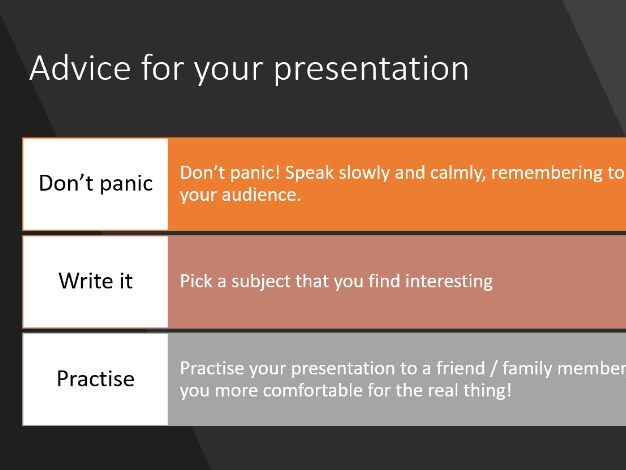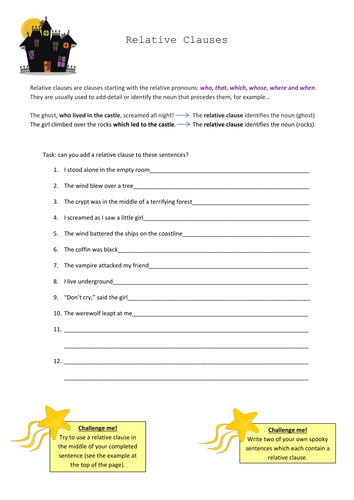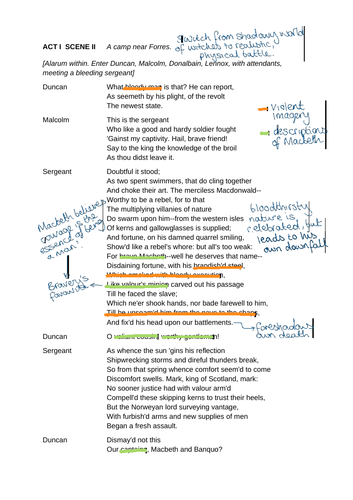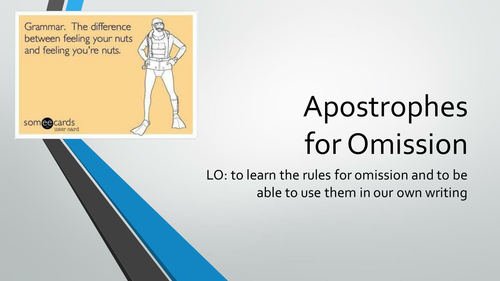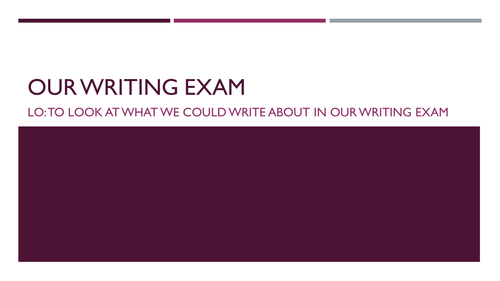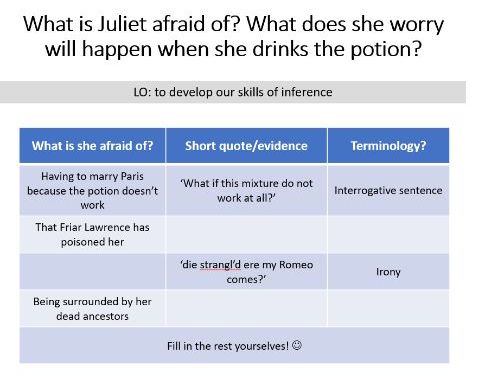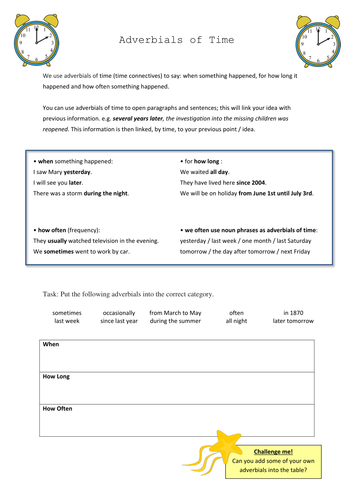MissSidney's Shop
As a comprehensive secondary school English teacher, I always aim to make my resources as engaging and accessible for a wide range of students as possible! I have been teaching secondary English for 8 years. I appreciate all feedback that is left - thank you.








